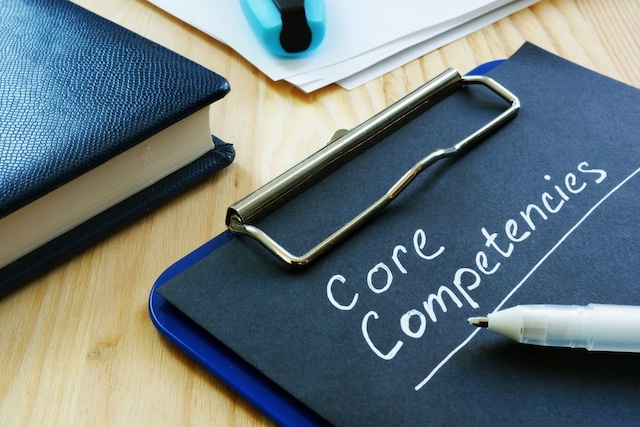What Is a Skill Gap?
The skills gap refers to the disparity between the skills employers need and job seekers’ skills. This gap can manifest in various ways, including a lack of technical expertise, inadequate soft skills, or insufficient industry-specific knowledge. It affects multiple sectors and can vary significantly depending on the region and industry. The skills gap can lead to unfilled job positions, decreased productivity, and hindered economic growth as businesses struggle to find qualified candidates to meet their needs.
Why Businesses Should Address Skill Gaps
Understanding and addressing the skills gap is crucial for HR and business managers because it directly impacts their ability to recruit and retain talent, maintain competitive advantage, and drive innovation. The gap can lead to longer hiring processes, higher training costs, and reduced operational efficiency. By identifying the specific skills that are lacking and investing in targeted training and development programs, companies can enhance their workforce capabilities, improve employee satisfaction, and reduce turnover. This proactive approach fills immediate needs and prepares organizations for future challenges.
Conclusion
Bridging the skills gap is essential for business success and economic stability. HR and business managers play a pivotal role by implementing strategic talent management practices, fostering continuous learning, and collaborating with educational institutions to align curricula with industry demands. By prioritizing skills development, organizations can ensure they have the right talent to thrive in an ever-evolving marketplace. Addressing the skills gap supports business goals and contributes to a more robust and adaptable workforce ready to meet the challenges of the modern economy.




